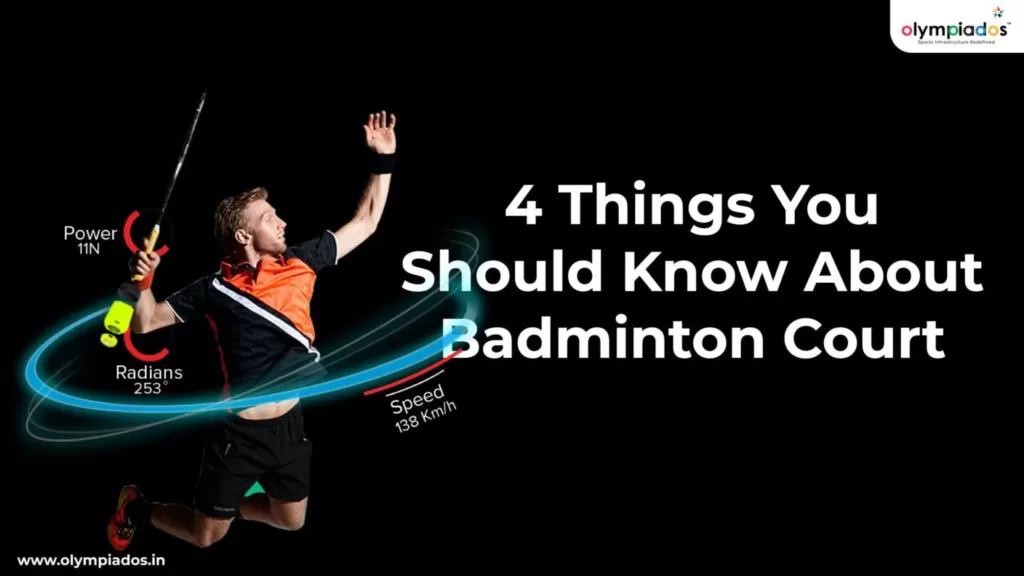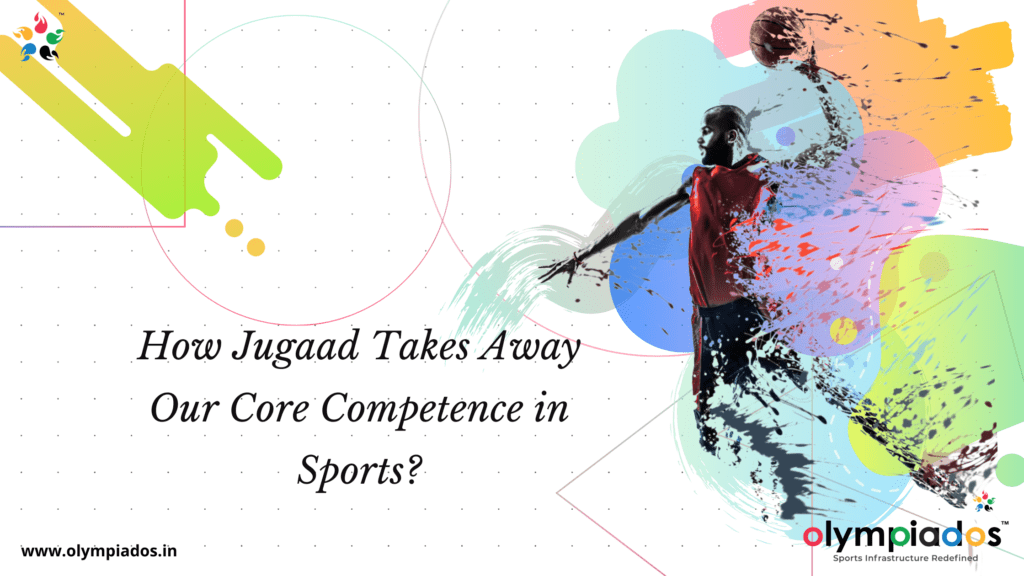Introduction
You’ve been tasked with the decision of whether to install natural grass or artificial turf for your football field. Both have their advantages, but only one can be the right choice for your team. Read on to learn more about the benefits of both types of turf, so you can make an informed decision about which is best for your field.
Introducing Natural Grass and Synthetic Football Grass
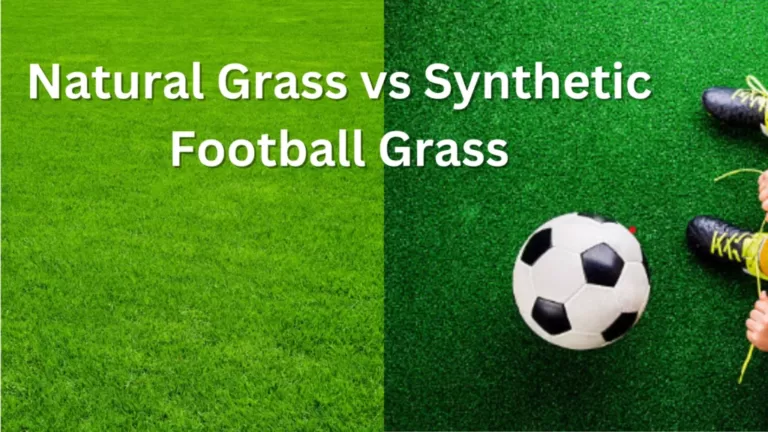
There are two types of football grass- natural and synthetic. As the name suggests, natural grass is grown and harvested specifically for use in football fields. Synthetic grass, on the other hand, is made of plastic or other man-made materials.
Now that you know the difference between the two, you may be wondering why people even bother with natural grass. After all, synthetic grass looks so much better and doesn’t need any maintenance, right? Well, not so fast. Here are some things to consider when choosing between natural and synthetic grass for your football field.
Advantages of Natural Grass Over Synthetic Turf
Now that you know the difference between natural grass and artificial turf, you may be wondering which one is the better option for your football field. Here are some advantages of natural grass over synthetic turf:
•Natural Grass is of course used in competitive football leagues. Professional players generally prefer the natural grass football field over synthetic grass because of its performance and characteristics.
•Natural grass can be used for other sports and activities, such as soccer, cricket, rugby, and track and field. Artificial turf can only be used for football.
•Natural grass can be used on a variety of surfaces, including grass, dirt, sand, and clay. Artificial turf can only be used on asphalt or concrete.
•Natural grass is more environmentally friendly because it doesn’t require any electricity to operate. Artificial turf requires a lot of water to keep it looking green.
Disadvantages of Natural Grass for Football Field Construction
While natural grass is often the preferred choice for football field construction, it does come with a few disadvantages.
First, natural grass requires a lot of maintenance. You need to water it, fertilize it and mow it on a regular basis to keep it looking its best. Second, natural grass can be susceptible to damage from weather conditions and wear and tear from players. And finally, natural grass can be quite expensive to install and maintain.
That’s why many people are opting for artificial grass instead. Artificial grass is virtually maintenance-free and can withstand harsh weather conditions. It also doesn’t wear down as easily as natural grass, making it a more cost-effective option in the long run.
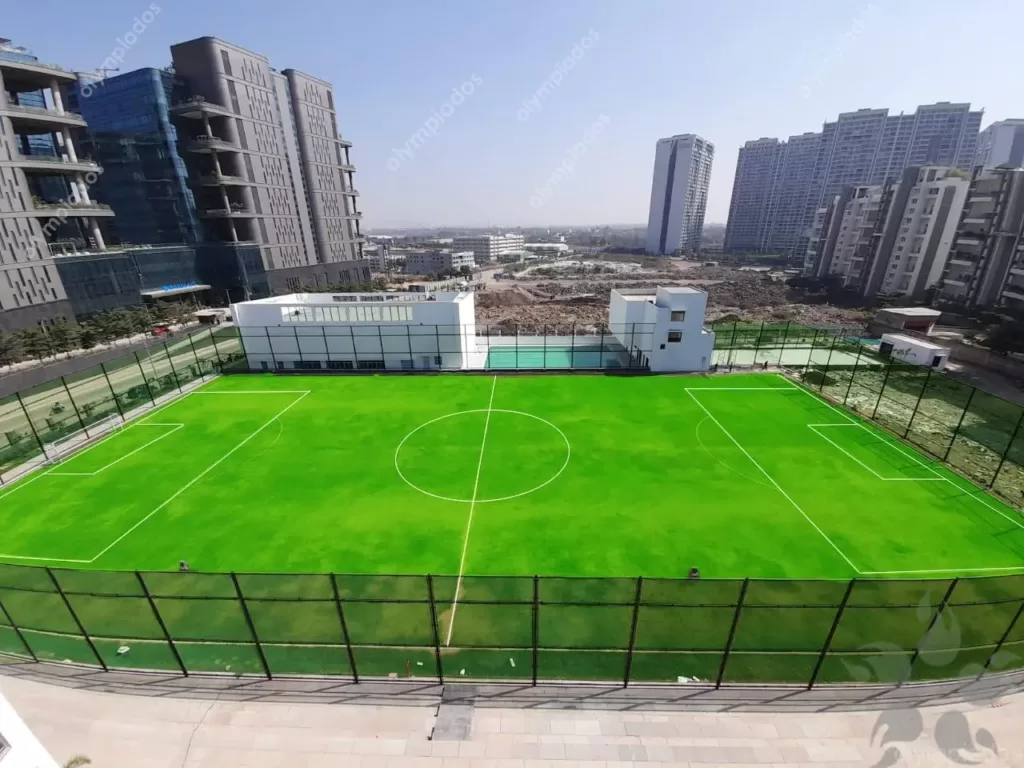
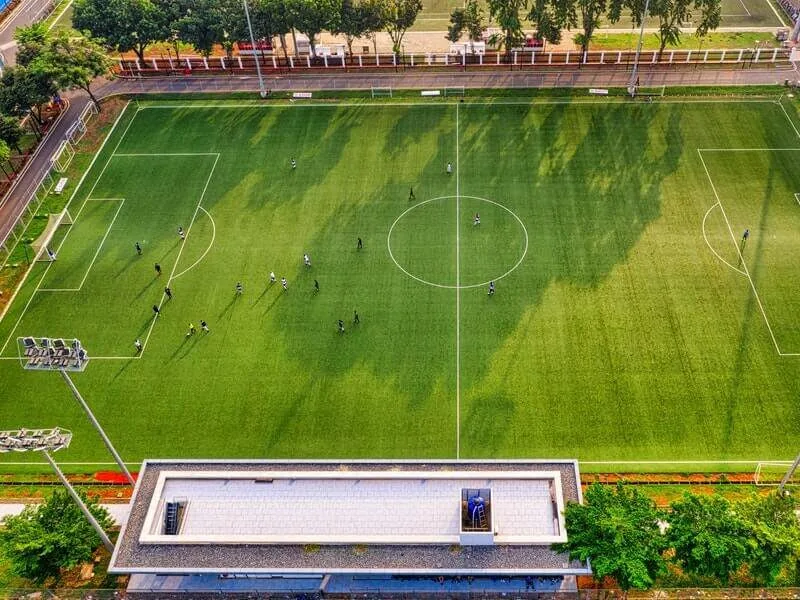
Benefits of Installing Synthetic Football Grass for Futsal Court Construction
Are you considering a synthetic turf field for your upcoming football court construction project? It is important to weigh the pros and cons of natural grass versus synthetic as you make this decision. Synthetic grass has a number of benefits, including:
• Durability: With proper maintenance, synthetic grass can last more than 8 years and is resistant to wear, making it ideal for high-traffic areas like football courts.
• Cost Savings: Synthetic grass costs more upfront but requires less maintenance over time, so you can save money in the long run.
• Aesthetics: You can choose from many different types of synthetic grass specifically designed for sports fields, so you can create an aesthetically pleasing field that fits your team’s style.
• Low Maintenance: Artificial turf requires less water and time to maintain compared to natural grass, making it easier to keep up with.
Overall, installing synthetic football grass is an excellent option if you are looking for a durable surface that requires minimal upkeep — and looks great too!
Maintenance and Durability for Natural and Synthetic Football Grass
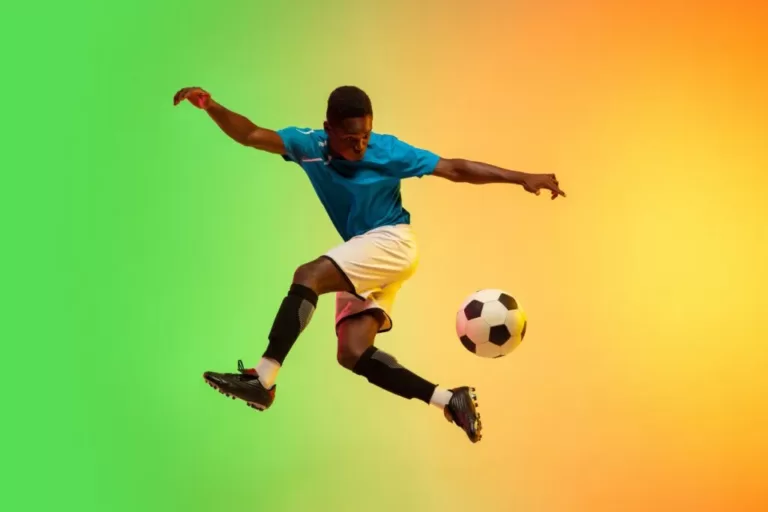
When it comes to keeping a football field looking and playing its best, natural grass requires more maintenance than synthetic grass. Natural grass needs to be watered regularly, cut and groomed on a regular basis, and aerated occasionally all of which involve time, money, and effort. Synthetic fields require far less upkeep.
While natural grass takes maintenance, it may be more durable in the long run than artificial turf. Natural grass can be made with special drainage systems that quickly remove standing water from the field surface. This helps reduce the chance of injury for players and keeps the playing surface in good condition for longer periods of time. It also softens when players land on it, reducing the effects of impact injuries like concussions. Synthetic turf, on the other hand, can become hard or slick over time due to wear and tear from play.
Cost Comparison Between Natural and Synthetic Football Grass
When it comes to the cost of football field construction, natural grass is much less expensive than synthetic turf. The upfront cost of natural grass is lower and the long-term maintenance costs are much more manageable. In fact, some studies show that over time the cost of natural grass can be up to 20-30% less than synthetic turf.
One reason for this cost difference is that natural grass requires only minimal maintenance, such as mowing and fertilizing in order to keep it in good condition. Additionally, no special equipment or materials are needed with natural grass, whereas artificial turf requires certain groundskeeping equipment and products. Finally, the life expectancy of a synthetic turf field tends to be shorter than that of a natural grass field which can result in additional replacement costs over the long term.
Conclusion
Ultimately, the choice between natural and artificial grass for a football field comes down to what is best for the specific field and its intended use. For areas that experience a lot of use, natural grass may not be the best option, as it requires more maintenance and can be more difficult to keep up. In areas that experience less use, or that are used for other sports, natural grass may be a better choice.
However, if it’s a full-size football field, Olympiados is specialized in building sustainable natural grass fields with state-of-the-art drainage systems and fine selection grass to give international standards of a football field.

